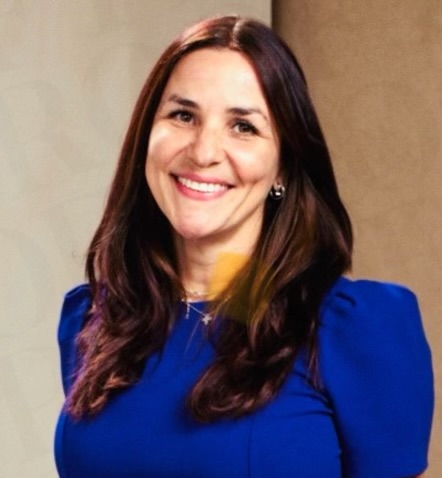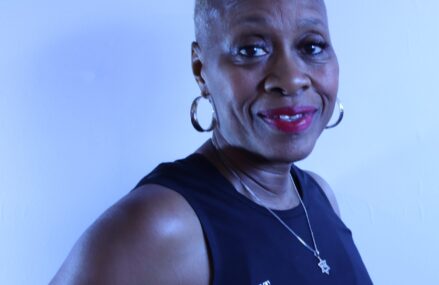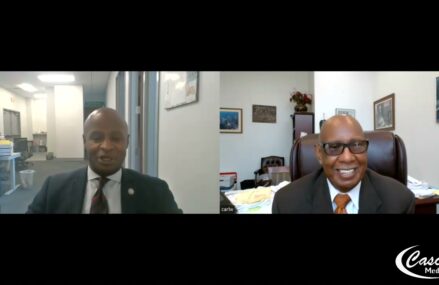
Uncertainty is part of the human experience. Some people thrive in uncertain
times; others become emotionally paralyzed, or simply react differently to it.
The way people respond to uncertainty may depend on how afraid they are of
the unknown.
Fear is a human emotion that is triggered by a perceived threat. It is a basic
survival mechanism that signals our bodies to respond to danger with a fight,
flee, freeze, flock, or fawn response. As such, it is an essential part of keeping
us safe. Fear is also based on what we’ve learned from experience or from
what we were taught.
Is it possible to experience fear and anxiety because of trauma that didn't
even happen to you?
A study from 2018 led by R.Yehuda and A. Lehrner, explored the notion that
trauma may be passed down through epigenetic mechanisms, possibly
impacting DNA and gene function.
While specialists continue to investigate the biological aspects of inherited
trauma, existing research provides evidence suggesting that the impact of
trauma can be passed down from ancestors. For instance, individuals with
ancestors who survived the Holocaust may be at an elevated risk of
experiencing anxiety, depression, and persistent fear. Similarly, descendants
of those who endured significant traumas like slavery and attempted genocide
frequently exhibit symptoms akin to those suffered by the original trauma
survivors. Consequently, communities such as African Americans, Indigenous
people, and other marginalized groups may collectively endure a sense of
grief and sustained fear. This inherited trauma is frequently exacerbated by
the ongoing presence of discrimination and brutality.
Fear is a true emotion, but not all fears are based on concrete information,
and some fears are based on misinformation or what we don’t know.
One positive effect of the post-COVID-19 pandemic is the increased focus on
mental health. The pandemic reminded us of our mortality, prompting many to
retire, realign priorities, spend more time outdoors or with family, and seek
professional help. However, there is still much progress to be made. The
stigma surrounding the fear of the unknown and the challenges faced by
those who suffer from it create additional barriers to positive progress.
The apprehension of what is unfamiliar constitutes an integral aspect of
various anxieties; when this apprehension reaches an overwhelming point, it
transforms into a phobia. The human reaction to the fear of the unknown has
also been associated with attachment. Research into attachment suggest a
significant role for unfamiliar elements, uncertainty, newness, and peculiar
circumstances or stimuli. A secure attachment is built upon the perception of
parental figures as known entities that are unquestionably safe. Consequently,
a secure attachment seems to alleviate the fear encountered when facing
subsequent unknowns. The correlations between parental attachment,
behavioral inhibition, and temperament are indicative of their predictive role in
anxiety symptoms.
R. Nicholas Carleton, defines fear of the unknown as the tendency to be afraid
of something you have no information about on any level. For some people,
fearing the unknown can go a step further. If we feel intensely upset and
anxious when we encounter an unknown or unfamiliar situation, we may have
been facing a state of mind called “intolerance of uncertainty.” This means
uncertain circumstances feel unbearable to us.
Fear, education and fostering a culture of diversity and inclusion
Fearing the unknown can contribute to xenophobia, the fear or dislike of
people from other countries, and prejudice, as individuals may make negative
assumptions about those they perceive as different. Embracing diversity might
involves confronting the unknown, as it requires for us to engage with
perspectives and experiences that may be unfamiliar and overcome the fear
toward it. Awareness is also crucial. Cultivating an inclusive mindset requires
awareness that goes beyond mere tolerance. It involves recognizing the fear
or anxiety within us before reacting to a person or situation serving as a
trigger. Simultaneously, we must accept value differences as strengths, even
when the immediate future is uncertain. “One size (one view) doesn’t fit
(explains) all”.
Education plays a fundamental and pivotal role in achieving the goals of
embracing diversity, overcoming the fear of the unknown, and fostering
inclusive communities. Exposure to diverse cultures, histories, and
perspectives, fosters cultural awareness and understanding. Learning about
different backgrounds helps us break down stereotypes and misconceptions.
We must adopt a mindset of openness, actively engaging in self-education to
delve deeper into the situations, individuals, or communities we encounter.
Education functions as a catalyst, refining our critical thinking skills and
enabling us to objectively analyze information while scrutinizing our
assumptions. The development of this intellectual capacity is crucial for
navigating and challenging biases.
Moreover, seeking professional support while addressing one’s memories of
suffering aids in gaining awareness and self-management. By acknowledging
historical injustices and acquiring the necessary tools to address them, we
empower ourselves as informed individuals. Armed with knowledge, we are
better positioned to advocate for equality and justice.Lindsay Lozada-Dietz Cascade Media Group Columnist [email protected]



